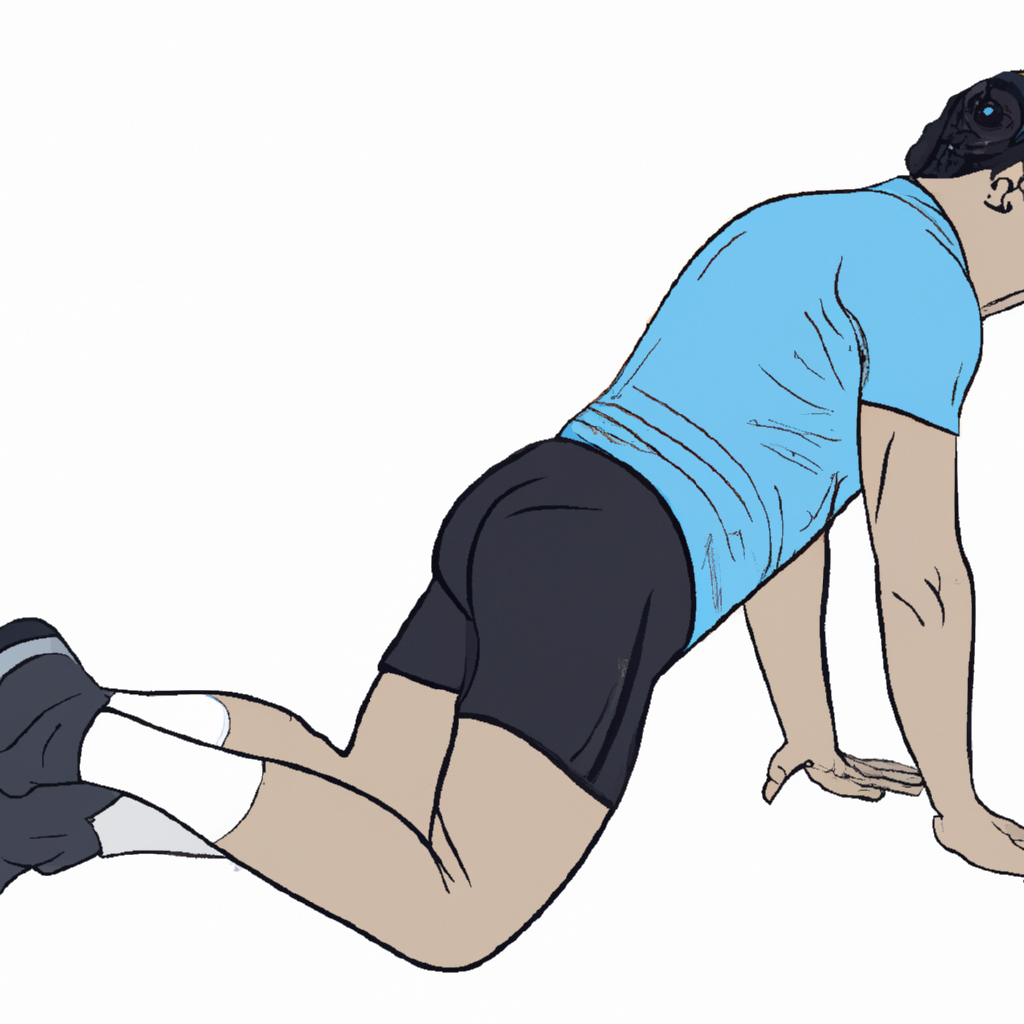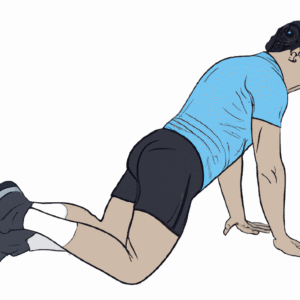Unite Your Team: Meditation for Sports Success
Meditation Practices for Team Sports: Building Cohesion and Mental Resilience
Team sports require physical strength and mental toughness. Players often experience pressure and stress that hinder performance. Meditation practices can effectively combat these challenges. They help athletes build cohesion and mental resilience. This blog explores effective meditation techniques for team sports, highlighting their benefits and offering practical implementation strategies.
Understanding Team Dynamics
Team dynamics influence sports outcomes significantly. Synergy between players enhances overall performance. Mental and emotional connections improve player performance. Meditation fosters these connections, cultivating empathy, trust, and communication. Teams that meditate together often achieve better results. Coaches and players must understand these dynamics to create a supportive environment.
The Psychological Demands of Team Sports
Athletes in team sports face psychological challenges like performance anxiety and fear of failure. These factors create distractions that negatively impact performance. Meditation effectively counters these stressors. Mindfulness and self-awareness help athletes manage emotions, enhance focus, and build confidence.
Simple Meditation Techniques for Teams
1. Group Breathing Exercises
Begin with group breathing exercises. Gather the team in a circle to create a safe space. Instruct everyone to close their eyes and breathe deeply together, inhaling through the nose and exhaling through the mouth. This practice centers the mind and promotes relaxation. Encourage players to focus on their breath, allowing distractions to fade. Practicing this for five to ten minutes fosters a shared sense of calm.
Focusing on breath synchronizes team members’ energies and builds unity. Use this exercise before games to help players ground themselves and achieve a focused state.
2. Visualization Techniques
Visualization enhances mental readiness and serves as a powerful sports psychology tool. Encourage players to visualize successful plays or teamwork scenarios. Ask each team member to imagine excelling in their roles, whether making a crucial pass, scoring, or executing a perfect defensive maneuver. They should picture the entire team working harmoniously, with each player contributing to success.
This practice boosts confidence and reinforces positive outcomes. Schedule visualization sessions before games or during practice for maximum effectiveness. By envisioning success, athletes create a mental blueprint for real-life performance.
3. Mindfulness Meditation
Mindfulness meditation develops awareness and enhances mental resilience. During this practice, encourage athletes to focus on the present moment. They can sit quietly, either in a circle or individually, observing thoughts without judgment. This technique reduces anxiety and improves concentration.
Practicing mindfulness together deepens team bonds, enabling players to understand each other better both on and off the field.
Conclusion
Meditation practices enhance team cohesion and mental resilience. Teams that implement these techniques often see improved performance and stronger connections.
Below are related products based on this post:
FAQ
What are the benefits of meditation for team sports?
Meditation offers several benefits for team sports, including enhanced cohesion, improved mental resilience, and better emotional connections among players. It helps athletes manage performance anxiety, focus on the present, and build trust and communication within the team, ultimately leading to improved performance on the field.
How can teams implement meditation practices effectively?
Teams can implement meditation practices by incorporating group breathing exercises, visualization techniques, and mindfulness meditation into their routines. For example, scheduling group breathing sessions before games can help players center themselves, while visualization practices can boost confidence and prepare them mentally for performance. Consistent practice fosters a shared sense of calm and strengthens team bonds.
How does mindfulness meditation specifically benefit athletes?
Mindfulness meditation benefits athletes by promoting awareness of their thoughts and emotions, which helps reduce anxiety and improve concentration. By focusing on the present moment, athletes can manage distractions and enhance their performance. Practicing mindfulness together also deepens the understanding and connection among team members, creating a more supportive environment.















Post Comment